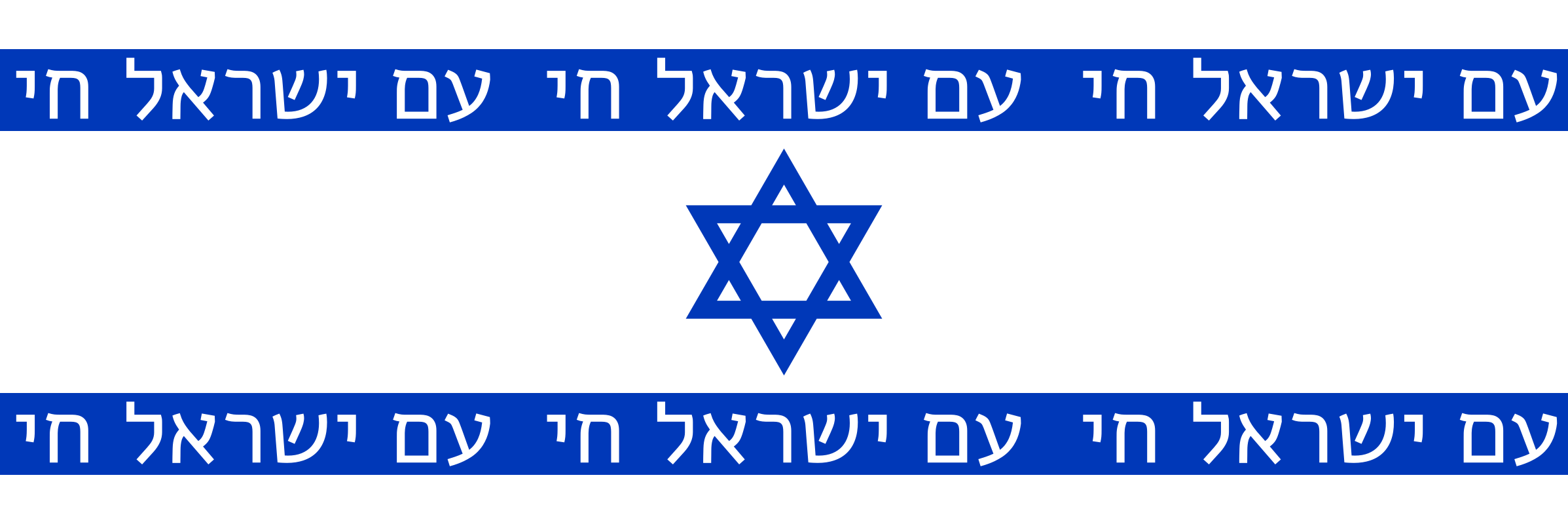eleventy-plugin-slide-decks
v0.5.0
Published
Write slide decks using 11ty and share them over the web
Downloads
38
Maintainers
Readme

eleventy-plugin-slide-decks
🎼 It makes an itsy-bitsy, teeny-weeny, web-component slide deck prezzy, which is basically a small SPA. 🎵
🎚️ Write slide decks with eleventy and share them over the web. 🎴
Uses <slidem-deck> to do most of the work
for you.
Installation and Setup
npm i eleventy-plugin-slide-decks
echo "_includes/deck.html" >> .gitignoreThen in your 11ty config:
const DecksPlugin = require('eleventy-plugin-slide-decks');
eleventyConfig.addPlugin(DecksPlugin);Writing Decks
Create a decks directory in your 11ty source root (or use decksDir option).
Each slide deck is a single dir under the decksDir. Add an 11ty data file for
each deck or for all decks.
You must add a single template to each deck's root dir, containing frontmatter
for that deck. At minimum, that file should have layout: deck.html and deck:
deckdir. For example, if you have a deck in decks/prezzo, you must at very
least create decks/prezzo/prezzo.md with this content:
---
layout: deck.html
deck: prezzo
---Optional frontmatter keys:
title: Slide deck title
author: slide deck author (used in open graph tags)
description: meta description (and og)
lang: en # default
dir: ltr # default
date: 2022-12-02
locale: en-US # default
origin: https://bennypowers.dev # slide deck origin (used in og:url)
coverImage: prezzo.png # used in open graph tags
icons:
- rel: icon # required
href: /assets/images/favicon.ico?v=2 # required
- rel: shortcut icon
href: /assets/icon.svg
- rel: apple-touch-icon
sizes: 72x72
href: /assets/images/manifest/icon-72x72.png
preconnect:
- https://fonts.googleapis.com
stylesheets:
- href: /optional/urls/to/stylesheets.css
async: true # optional
media: 'screen and (prefers-color-scheme: dark)' # optional
scripts:
- src: prezzo.js
type: moduleYou can also provide an importMap as data, and it will print in the <head>.
All urls are passed through the url filter for you.
It's possible to put content in this file, but you should expect that content to be invisible, for example, you can put an SVG sprite sheet in there:
<svg id="icons">
<defs>{% for icon in collections.icon %}
<g id="{{ icon.fileSlug }}-icon" aria-label="{{ icon.data.title }}">{{ icon.templateContent | safe }}</g>{% endfor %}
</defs>
</svg>WebC Decks
If you want to go buck wild, let loose; if you're so excited and you just can't hide it, you can also (deep breaths) use the WebC deck component:
---
eleventyImport:
collections:
- webbyprezzy
---
<slide-deck webc:nokeep
webc:import="npm:eleventy-plugin-slide-decks"
@title="Super Webby Prezzy"
@date="2048-02-04"
@tag="webbyprezzy"></slide-deck>
<script src="more-page-scripts.js"></script>
<script src="load-me-last.js"
webc:bucket="after"></script>
<link rel="stylesheet" href="webby-prezzy.css">Don't leave out the eleventyImport or or the webc:nokeep, or else things will
break in hilarious ways.
Writing Slides
Each decks slides are located in it's slides directory, and ordered by name.
It's recommended to name the slide files 00-first-slide.md,
10-second-slide.md, etc. You should also add an 11ty data file for the slides
directory containing permalink: false, in order to prevent 11ty from rendering
individual HTML pages for each slide, which would only duplicate the slide
content.
So for example:
decks
├── decks.json
└── prezzo
├── img.png
├── prezo.css
├── prezzo.md
└── slides
├── 00-first-slide.md
├── 10-second-slide.md
├── 99-last-slide.md
└── slides.jsonStepping Through Slide Content
If you want certain elements of a slide to reveal one by one, specify a CSS
selector in the reveal frontmatter key. Take for example this slide:
---
reveal: li, img
---
## Using Slidem
- HTML wins
- JavaScript is p. cool too
When switching to this slide, on step 1 only the heading will be visible, on step 2 the first list item ("HTML wins") will appear, on step 3, the next list item, and on step 4, the image.
Styling Slides
You can set the classname for the slide with the class frontmatter key:
---
class: dark
---<slidem-slide class="dark"></slidem-slide>Slides get the name attribute based on their filename, so 00-first-slide.md
would render as <slide-slide name="first-slide">. You can then style that
slide with good-old CSS. Each slide exposes container and content CSS
Shadow Parts:
[name=first-slide] {
background: hotpink;
}
[name=first-slide]::part(content) {
display: grid;
grid-template-columns: 1fr 1fr;
gap: 1em;
}style frontmatter
Although using CSS is encouraged, you can also set styles on the slide element
with the style frontmatter key. If the value is a string, it will be dumped
into the style attribute:
---
style: 'color:hotpink'
---
...<slidem-slide style="color:hotpink">
<p>...</p>
</slidem-slide>But if you pass a YAML dictionary or a JSON object, it will be collapsed into a style string for you:
---
style:
color: hotpink
font-size: 200%
animation: jazz-hands
---
...<slidem-slide style="color:hotpink;font-size:200%;animation:jazz-hands">
<p>...</p>
</slidem-slide>Extending SlidemSlide
You might want to create your own custom slide types by extending SlidemSlide.
One case in which this is useful is in providing custom slots to a slide, like a
slide which presents a <blockquote> in a <figure> with the author in the
<figcaption>. In that case, you can specify the tag name to use for the slide
with the is frontmatter key:
---
is: slidem-quote
---
<p slot="quote">
All our work, our whole life is a matter of semantics, because words are the
tools with which we work... Everything depends on our understanding of
them.
</p>
<span slot="author">Felix Frankfurter</span>
<img slot="portrait" alt="felix at the window" src="felix.jpg"><slidem-quote><!-- etc --></slidem-quote>Options
| option | type | default | description |
| ------------------ | -------- | ------------------------ | ------------------------------------------------------- |
| decksDir | string | 'decks' | directory off the 11ty input dir which contains slides |
| assetsExtensions | string[] | see below | file extensions to pass-through copy from the decks dir |
| target | boolean | esbuild target | esbuild target to use when bundling slide dependencies |
| polyfills | object | see below | polyfills to load on the decks page |
By default, files matching decks/**/*.{css|jpeg|jpg|js|mp4|png|svg|webp} will
passthrough copy to the output dir.
The polyfills object defaults to the following:
{
"constructibleStyleSheets": true,
"webcomponents": false,
"esmoduleShims": false,
}